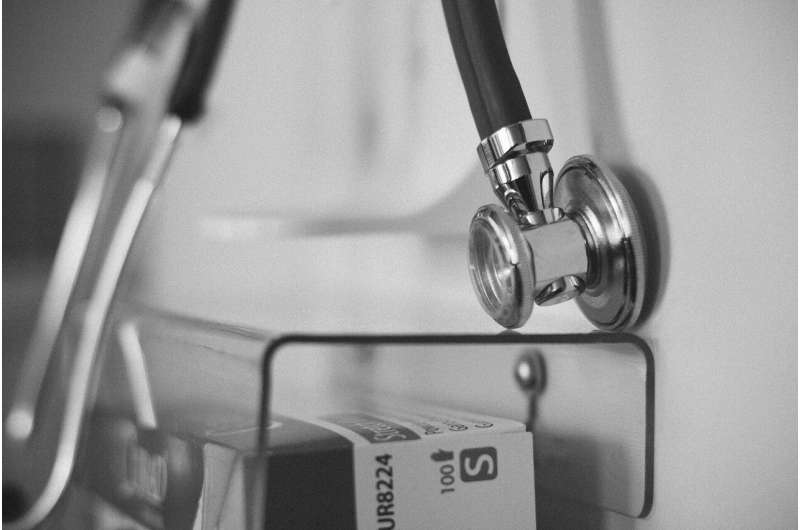Consumer health: What do you know about sepsis?

With September designated Sepsis Awareness Month, this is a good time to learn more about this potentially life-threatening condition.
Nearly 270,000 people in the U.S. die each year as a result of sepsis, and one-third of people who die in a hospital have sepsis, according to the Centers for Disease Control and Prevention.
Sepsis occurs when the body's response to an infection damages its own tissues. When these infection-fighting processes turn on the body, they cause organs to function poorly and abnormally.
As sepsis worsens, blood flow to vital organs, such as your brain, heart and kidneys, becomes impaired. Sepsis may cause abnormal blood clotting that results in small clots or burst blood vessels that damage or destroy tissues. If sepsis progresses to septic shock, blood pressure drops dramatically, which can lead to death.
Signs of sepsis
To be diagnosed with sepsis, you must have a probable or confirmed infection, and all of these signs:
- Change in mental status.
- Systolic blood pressure—the top number in a blood pressure reading—less than or equal to 100 millimeters of mercury, or mm Hg.
- Respiratory rate higher than or equal to 22 breaths per minute.
Signs of progression to septic shock include:
- The need for medication to maintain systolic blood pressure greater than or equal to 65 mm Hg.
- High levels of lactic acid in your blood, which means that your cells aren't using oxygen properly.
Treatment
Early, aggressive treatment increases the likelihood of recovery.
A number of medications are used to treat sepsis and septic shock, including antibiotics, corticosteroids, painkillers and sedatives. Supportive care, including oxygen and dialysis, and surgery to remove the source of the infection, also may be needed.
People who have sepsis require close monitoring and treatment in a hospital ICU. Lifesaving measures may be needed to stabilize breathing and heart function.
2022 Mayo Clinic News Network.
Distributed by Tribune Content Agency, LLC.




















